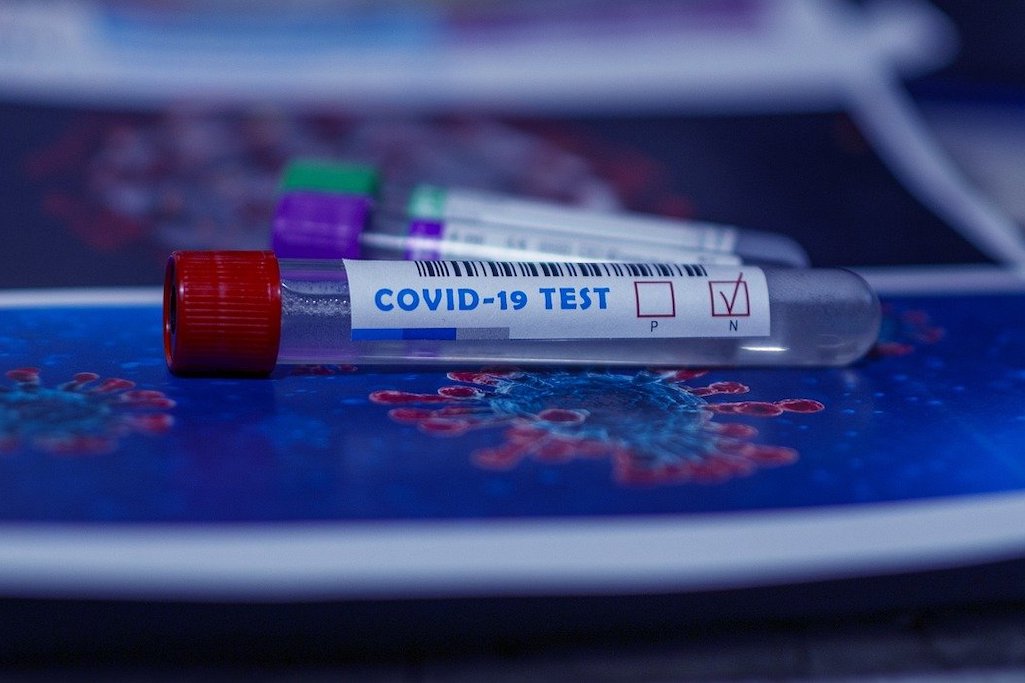At our event safety talks last week, a panel of industry experts discussed whether on-site Covid testing is the best solution for ensuring delegate safety and boosting client confidence to return to live.
The panel featured: Ellis Arnett, Dependable Forces; Sarah Threlfall, Brightspace Events; Matthew Franks, DRPG; and James Bowen, Acacium Group. Here are some of the key takeaways…
Is testing important to getting live events back and running?
Franks: “I think it will be important in the short term, so a matter of months. It’s all about building trust and confidence. Not everyone will choose to be vaccinated and so still pose risk. It’s an added measure for building trust and confidence, provided we do it well, it’s not cost prohibitive, or too evasive. We are already testing at our studios and it does seem to give people that extra bit of confidence that they are being looked after.”
Threlfall: “Health and safety assessment is about looking at different options and different methods of managing risks. If you can reduce risk through other methods, testing is not always going to be advised. It is a suitable control that can be used alongside others.
“Testing is mentioned a lot on the government roadmap document, which suggests it will play an important part in the event pilots. There is almost a public expectation that they will be tested. If it doesn’t happen, it could mean people don’t have trust and confidence to attend. From a mental safety point, I think people will feel happier and more comfortable if testing is in place. I don’t think it will last forever, but it will certainly be important for the next six months to a year.”
Arnett: “Covid compliance is about having broader covid control measures. Testing is just one of those controls. You need to visit the site pre-event and get clients to understand what they can and can’t deliver. Run them through the event and make sure the compliance is there, and that all the risk assessments can actually be seen through. People are very good at writing down what they can do but delivering it is a different thing.”
What tests are available?
Bowen: “The PCR test is the one you typically get if you go to an HNS test site and it’s the one that is often referred to in the press as gold standard. It is a highly accurate test that can return up to 99%+ accuracy in determining whether someone has got the Covid virus or not. But it does have its limitations. It’s too costly for the purposes we are talking about – typically £100+ per test, which is cost prohibitive. It’s also still taking 24-48 hours to turn it around as it has got to go off to a laboratory. It is not fit for purpose for real world testing.
“What one has been looking for is a test that can deployed cost quickly and cost effectively into the events space and that gives a reasonable degree of certainty that one is Covid free. The latest incarnation of the Lateral Flow Test – there are three that the government has approved as being suitably accurate – if done right and done in the correct way by people, they are about 94% able to pick up people who are positive. It takes around 10-15 minutes, which is practical for getting people into events, and the cost per test is sub £10, so it’s a real game changer.”
Arnett: “Whether doing PCR or lateral flow – it’s about the competency of the tester. Look at who is doing the test, and if they are doing it correctly. We would always use competent, qualified medics. Otherwise you are not going to be hitting those percentages that you want to.”
Bowen: “There is some really cool stuff coming to market in the next few weeks and months that doesn’t require the invasive nasal swab. The tests coming down the line are saliva based and mouth wash based. The saliva-based tests are close to being approved and not far off. The early indications are that the saliva ones will come to market costing a couple of pounds more than the lateral flow tests.”
How to set up testing
Franks: “We all received training and our team delivers the testing at our studios. We have created an environment with individual pods. One of the most important things is communication – people want to know what to expect. You have to take people on that journey in advance, as not knowing creates apprehension. We have created some cool videos and a PDF that show people what will happen on the day.
“When you carry out testing, you have a legal responsibility to upload that information to the PHE website. We have a holding area, then we take people through to pods, where they are tested. We are doing around 1,000 tests a month and only three have tested positive, all of whom were asymptomatic. You also need to think about what happens when people test positive. We created a restricted access area that is controlled remotely so if they are a CEO who needs to present to their company, they can still go in and do that before the go home to isolate.”
Arnett: “Make sure the venue is suitable and has the space to set up testing zones. Make sure you know what the protocol is if someone does test positive. Have a car set up to take people home and make sure they are supported. As an event organiser it’s important you have plans in place and look after them.”
micebook will soon launch their “Event Safety” sector on micebook.com to allow planners to advance search for event safety and testing providers.
You can listen to the full recording of this session via our micebook voice forum.

